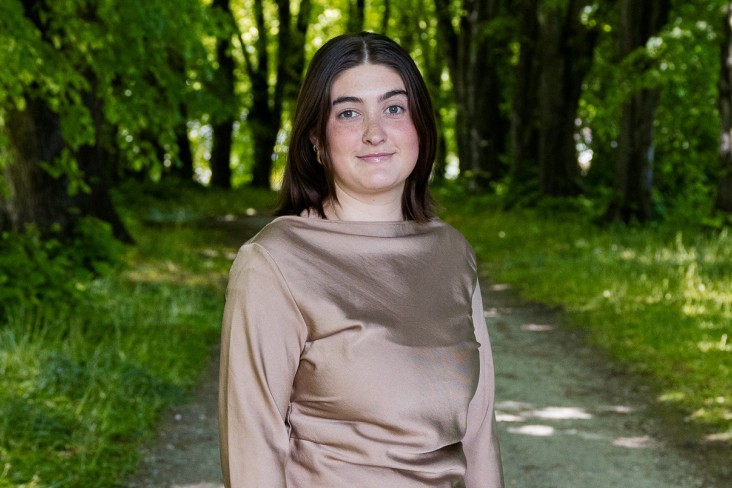About Family Violence
Sadly, family violence is common here in New Zealand and the Police respond to family violence incidents every four minutes.
The term ‘family violence’ covers a broad range of controlling behaviours inflicted on someone by a family member. The abuse is commonly of a physical, sexual, and/or psychological nature and typically involves fear, intimidation, and emotional deprivation.
Family violence can be a single act of abuse or several acts that forms part of a pattern of behaviour. If you are feeling unsafe, there are legal pathways available to protect you and other people in your family. Please contact us to find out how we can help you obtain this protection.
Applying for a Protection Order
Standing up against family violence takes courage. We can guide you through the process and help you obtain an urgent protection order. You can apply for a property order at the same time to give you exclusive use of the home you live in.
Most urgent applications are granted within 24 hours and will automatically cover any child under 18 who lives with you regularly.
A protection order will contain several conditions that must be complied with. It will include non-violence and non-contact conditions that prohibits the abusive person from being any where near you or contacting you in any way, including getting others to contact you. Breaching a non-violence or non-contact condition of the protection order is a criminal offence.
If you’re on a low income, you may be eligible for legal aid to obtain a protection order which does not need to be repaid.
Police Safety Order
Before you apply for a Protection Order, the Police may have already issued a Police Safety Order (PSO) in your favour. A PSO is similar to a Protection Order as the abusive person cannot contact you or continue to abuse you. They must leave the address set out on the order and cannot return unless the order expires.
A PSO is issued by the Police instead of the Court and only applies for a limited time (usually a few days or a week) to allow you to have some distance and breathing space from the abusive person. It can give you time to seek help from other people, agencies or a lawyer. If a PSO has been issued, it does not automatically mean a Protection Order will be granted by the Court.
Responding to a Protection Order
If you’ve been told that someone has applied for a Protection Order against you, or you’ve had a temporary Protection Order served on you, we can discuss the implications of this with you.
If a temporary Protection Order is made, it will be in place for 3 months. During those 3 months, you can tell the Court that you wish to defend yourself and you will be given an opportunity to do so. A final Protection Order will be made after 3 months if you do not defend yourself or if the court decides that you still pose a risk to the person who applied for the Protection Order. If an Interim Protection Order is granted and there are children involved, then only supervised contact with the children can take place until that Order is changed by the Court. Applicants often apply for an Interim Parenting Order at the same time as a Protection Order.
If you have been served a temporary Protection Order and wish to defend yourself, get in touch with our team and we can guide you through the process.
Community Support Services
You have the right to be safe.
If you’re a victim of family violence or in a relationship that makes you fearful about your own or someone else's safety, seek help as soon as possible.
- Elder Abuse Helpline | 0800 32 668 65 - 24 hours
- Family violence information line | 0800 456 450
- Gandhi Nivas - supporting men to be free from violence | 0800 426 344
- Hey Bro helpline - supporting men to be free from violence | 0800 HeyBro (439 276)
- Hohou te rongo kahukura - outing violence - building rainbow communities free from violence
- National network of stopping violence | 03 391 0048
- Sensitive Claims ACC | 0800 735 566
- Shakti - for migrant and refugee women | 0800 742 584 - 24 hours
- Shine National Helpline | 0508 744 633 - 24 hours
- Victim Support - support for men and women victims | 0800 842 846 - 24 hours
- Women’s Refuge crisis line | 0800 733 843 - 24 hours
- Rainbow Youth - promoting healthy queer, trans and takatäpui relationships





